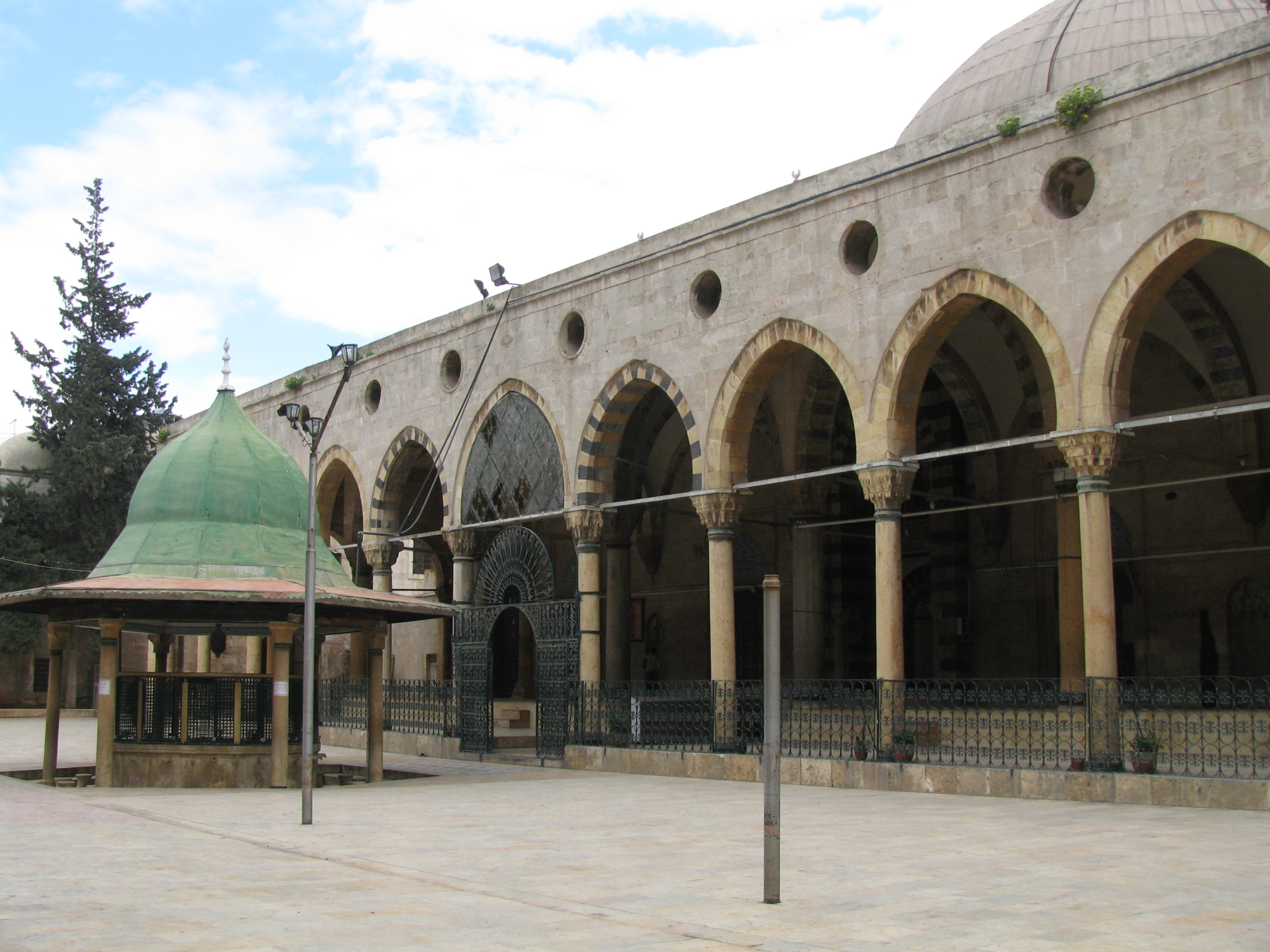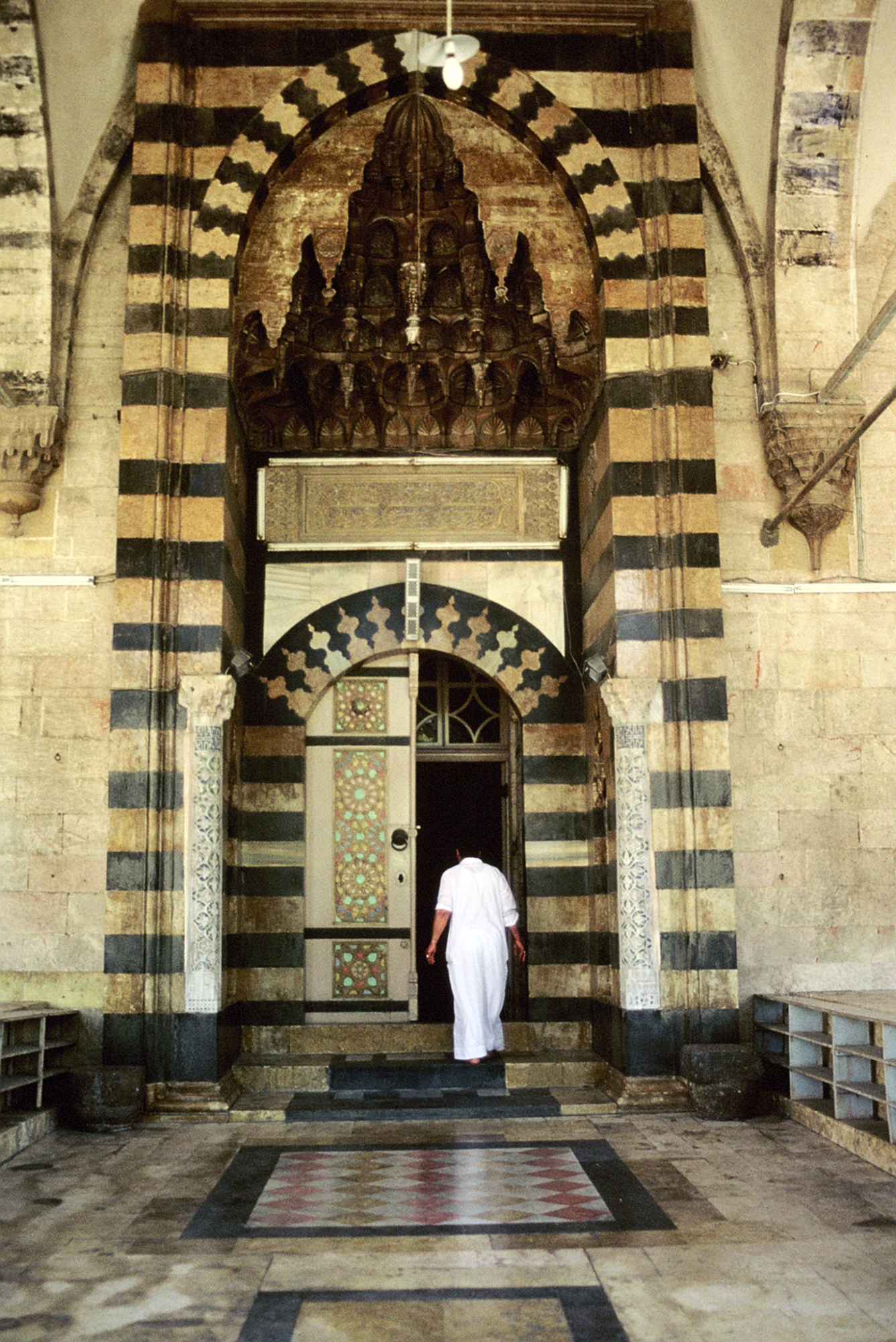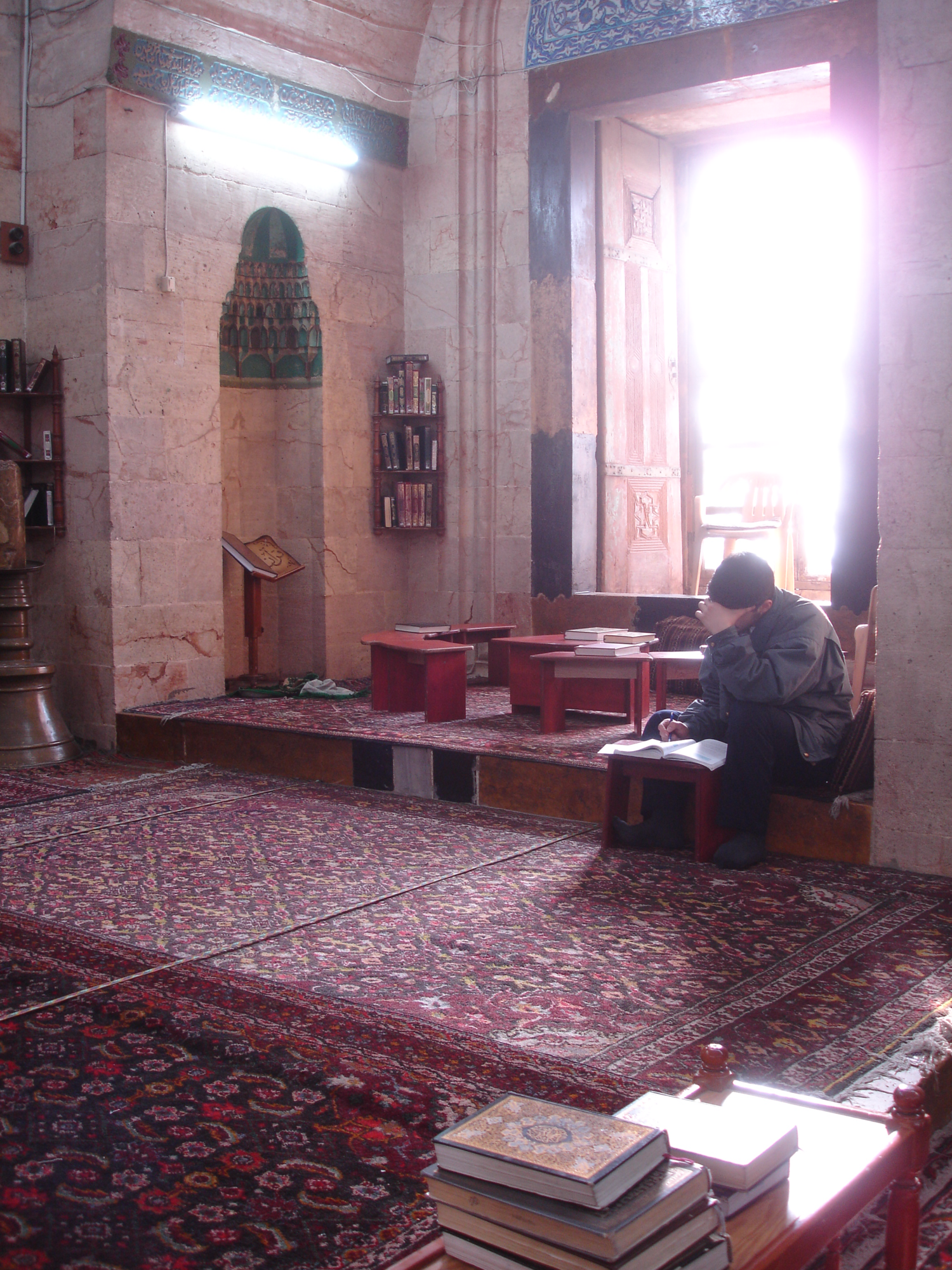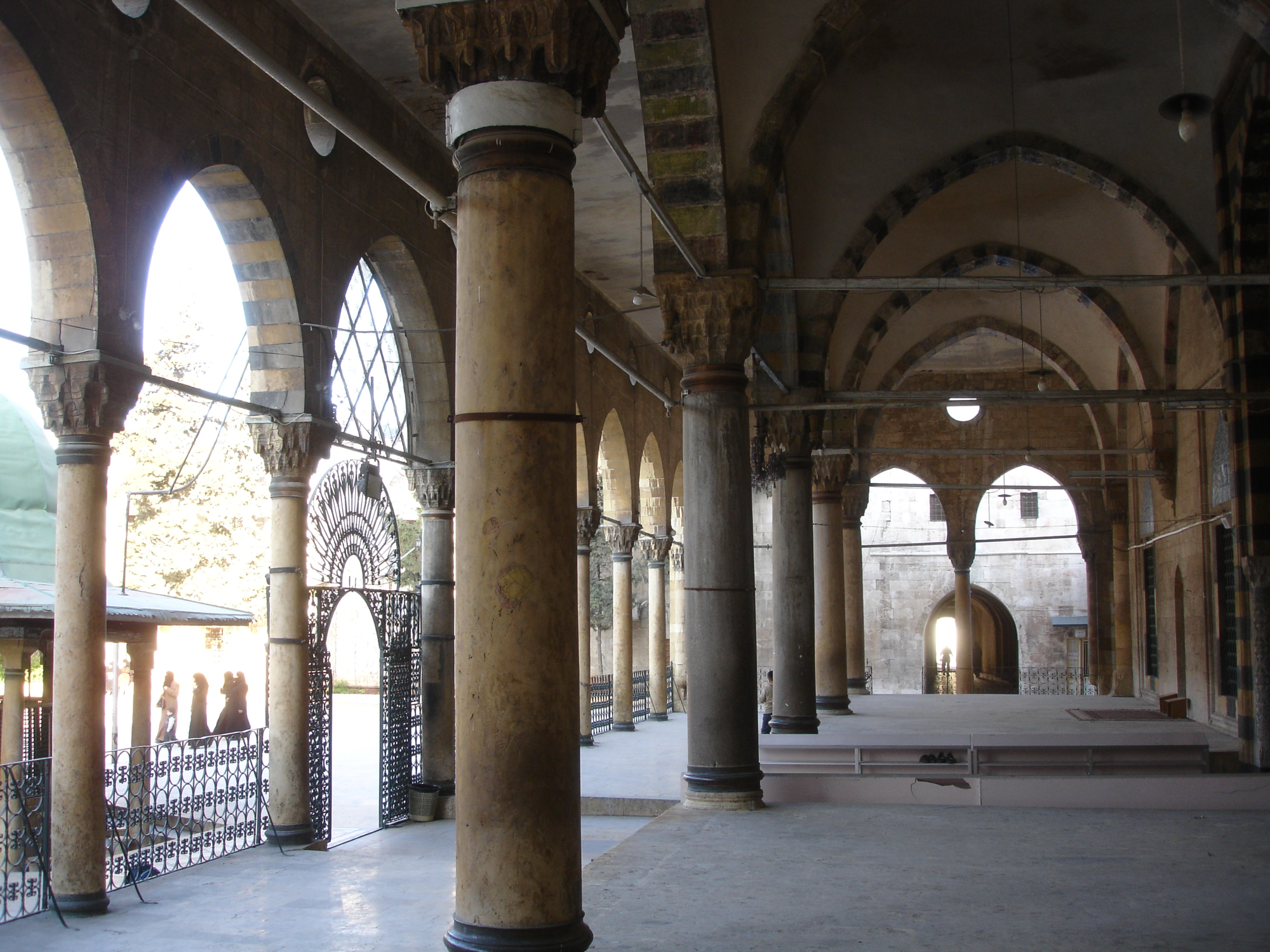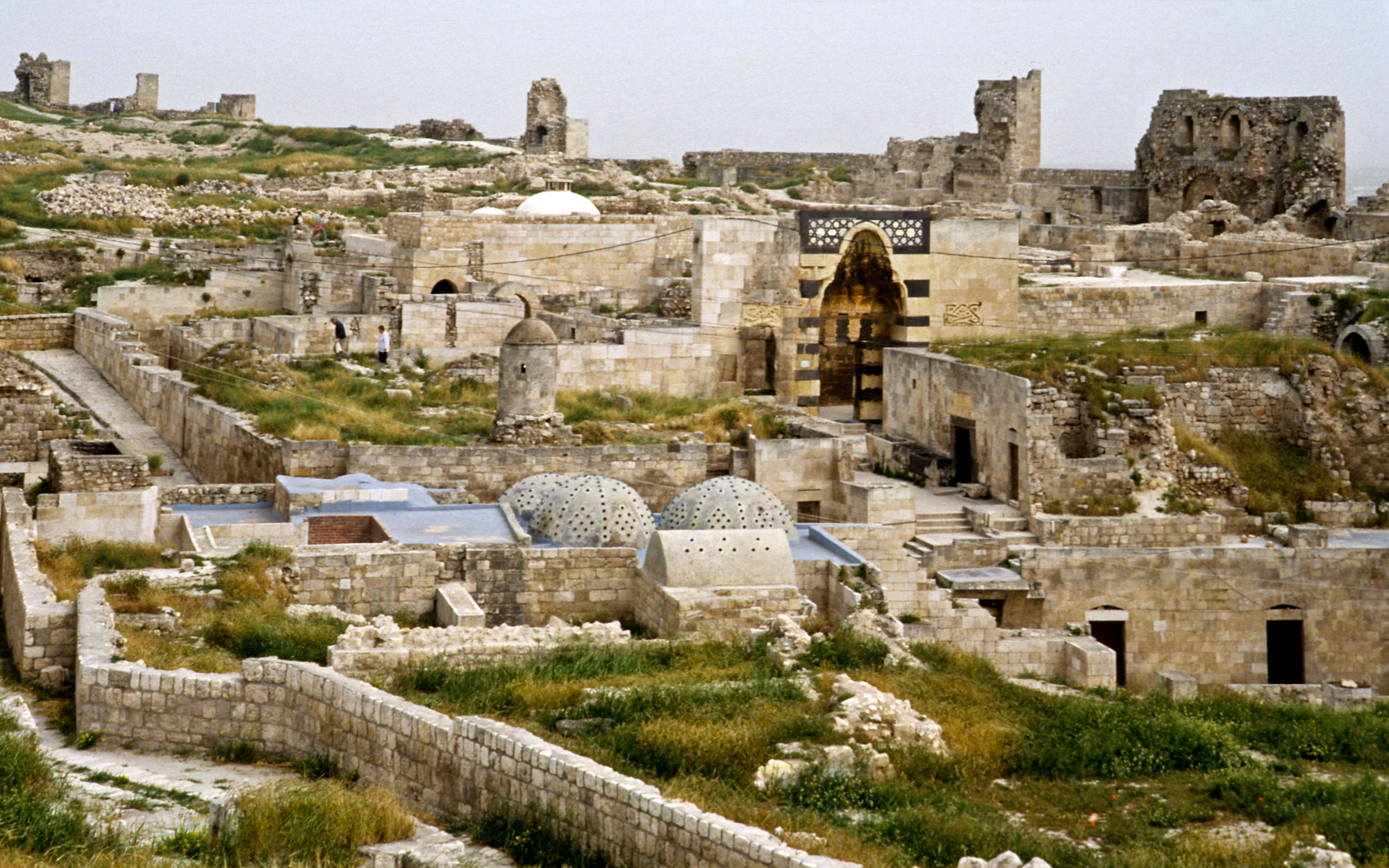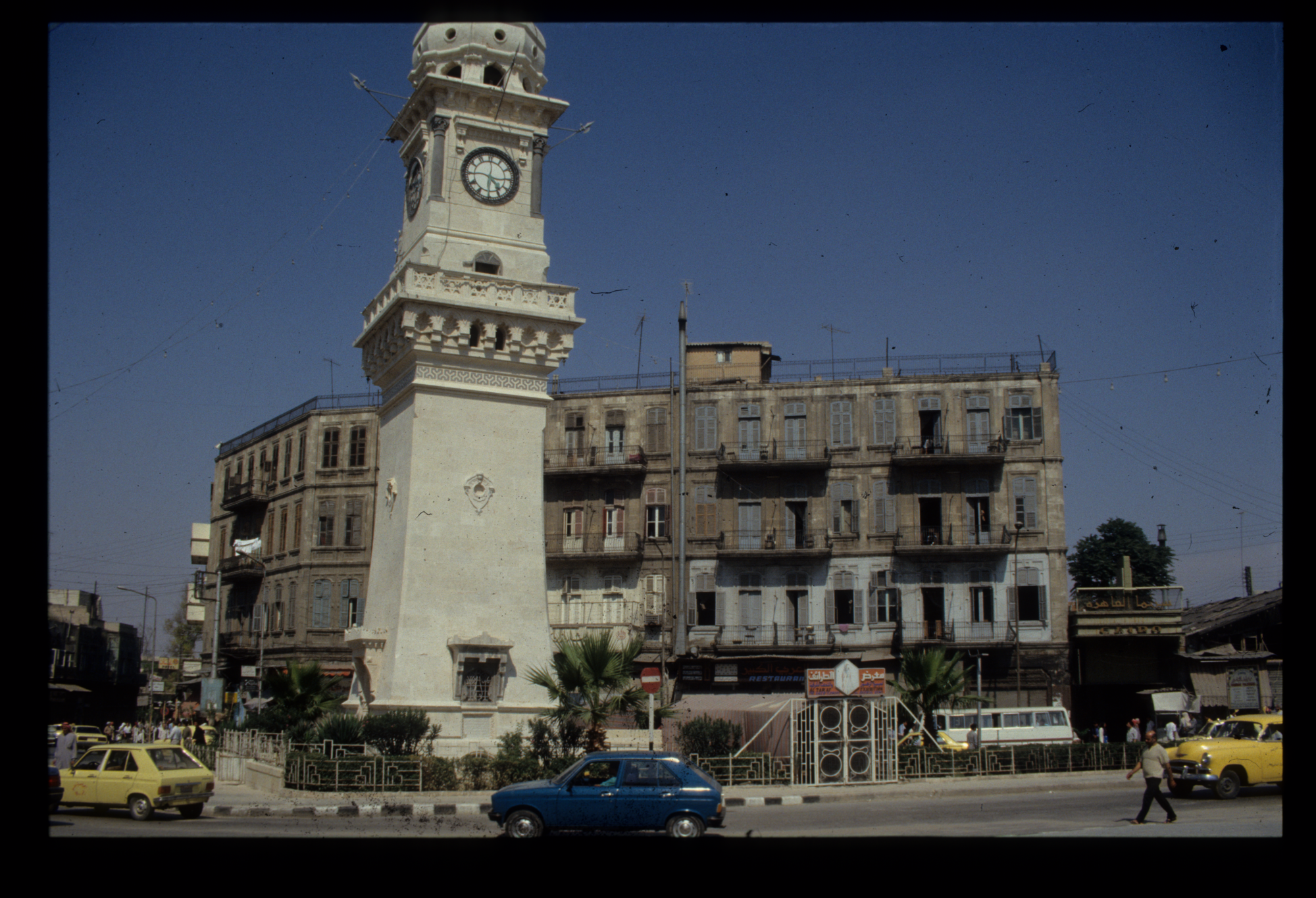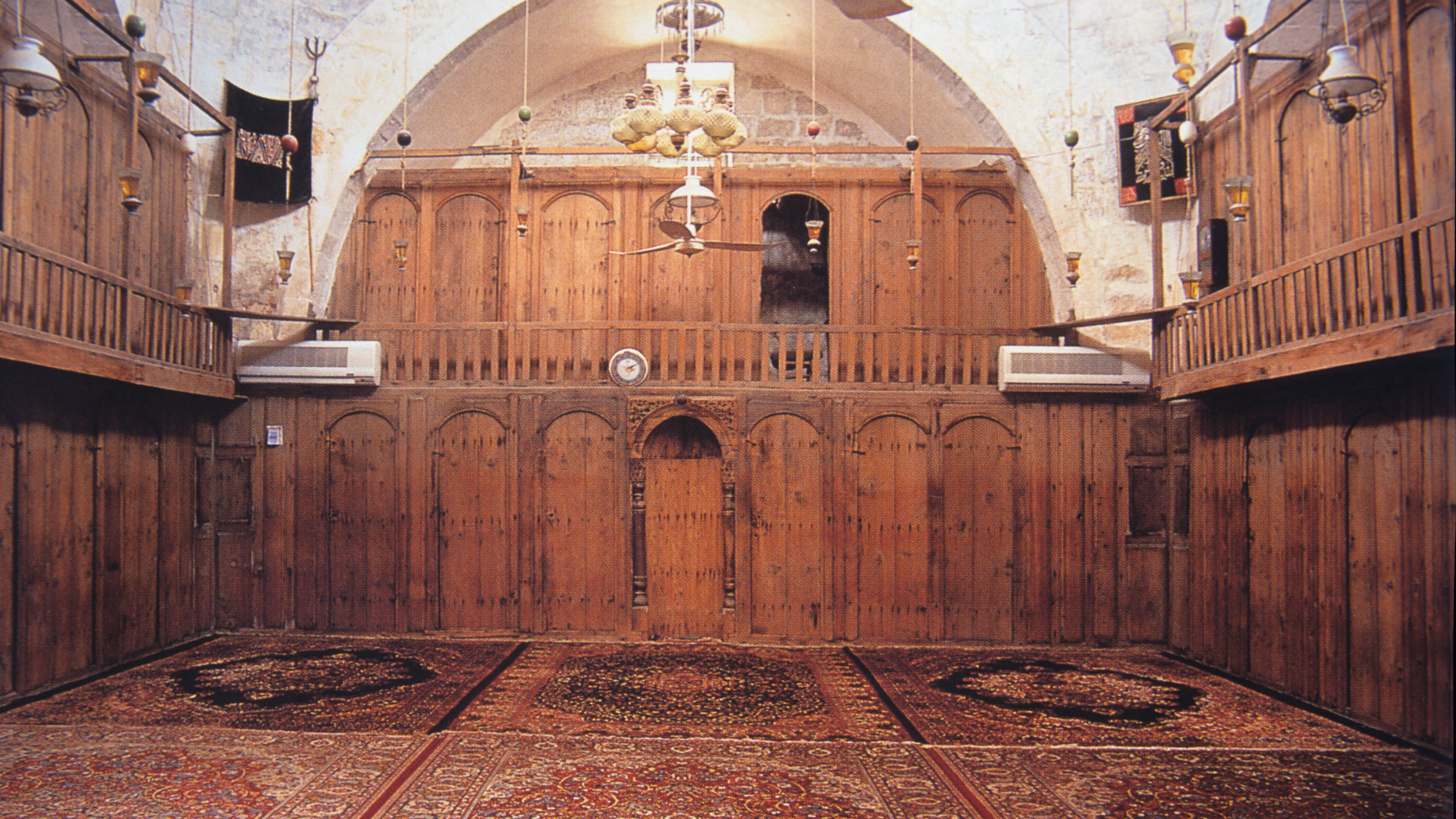About the Series
In this series we display personal stories of places (historical monuments) in Aleppo city, told by people who had a special bond with the place. The aim of this series is to highlight the intangible aspect of heritage places in Aleppo, and to communicate the inclusion of memory in reimagining and rebuilding a place through its people.
These contributions are part of the joint efforts of the Interactive Heritage Map of Syria Project along with the Aleppo Heritage Catalogue Project, which seeks to document the history and architecture of historical monuments in the city of Aleppo.
In this memory statement, Omar Abd Alwahhab Katta recounts his personal connection to al-ʿAdiliyya Mosque in Aleppo, which holds both historic and religious value for the people of Aleppo. Despite its current state, the memories and experiences he associates with the mosque remain a significant part of his life.
An Attachment to a Historic Mosque
Al-ʿAdiliyya Mosque has been a cherished part of Omar's life for over 45 years, holding a special place in his heart. The mosque has remained an integral part of Omar’s memories. Steeped in both historical and religious significance, al-ʿAdiliyya Mosque is one of the most ancient Ottoman mosques, revered by the people of Aleppo. Omar shares fond memories of attending dhikr sessions there from a young age.
I have known al-ʿAdiliyya mosque for more than 45 to 50 years now...
...as my father used to take me with him since I was 4 – 5 years old. That is why I have a strong and long history of attachment to this place.
It is a very important place for Muslims in general and the people of Aleppo in particular as it is one of the most ancient historic mosques. It is an early ottoman mosque. It has a historic value of course but also a religious and symbolic value for the people of Aleppo like me, as I used to attend in there sessions of dhikr since I was very young until 10 to 15 years ago when these sessions stopped due to several reasons, among which are the death or move of the people who were responsible. This of course did not prevent me from going there anyway as the place is full of charm and has a certain specificity to it. Friday prayers used to take place in al-Adiliyya mosque, many people including myself would attend, especially those who knew the mosque and the people responsible for it in the early times.
Special Occasions and Religious Holidays: The Vibrant Atmosphere of the Mosque
The mosque was a hub of activity during special occasions and religious holidays, especially on Fridays. Omar recalls attending Friday prayers and dhikr sessions in the mosque, and the memories of those times are still vivid in his mind.
"On special occassions and religious holidays, especially on Friday, dhikr sessions would take place in the mosque with chanting and sufi ceremonies. Ramadan, Israa and Miraj, mid of Sha’ban. Every Friday there would be something special in this mosque which I assign so many of my memories to from childhood.
Anyone who used to go regularly to the mosque would remember how all your senses would ignite in that place. It has a very specific smell and image to it. There are several Ottoman mosques in Aleppo, but this one has something very unique, whether in its entrance, prayer hall, courtyard, trees, domes, or the niches upstairs where children would sit during special sessions. The memory of the place is so distinctive."
"The mosque stood for centuries and lived along since my childhood...
...with all its beautiful details. It stands now so strong in my memory. I used to go there regularly to release the stress of daily life, and therefore, it has an incredible value in my heart. The minute I step my foot inside the mosque I feel relieved and all the memories come again. The fragrance of Ahl al-Khayr (people of good will) of historic times accompanies you when you enter this place."
Memories Carved in Stone: The Agony of Destruction
Omar expresses deep sadness and agony at the current state of the mosque and Aleppo, with its historic details destroyed. Despite the destruction, Omar holds out hope for the restoration of the mosque.
Every stone holds a story of the people of the mosque
"I feel really sad and in agony to see the mosque in its current state.
It burns my heart to see what had happened to the mosque and Aleppo, of all its historic bits and details. It puts me in tears, and I can not even go and visit it now. If we could just see a real support I am sure many people would just volunteer to help rebuilding it. We can restore a destroyed building but we can not restore how it really used to be, as every stone holds a story of the people of the mosque. I really hope to recover the story of a beautiful time by restoring the stones of the building."
DISCOVER MORE MEMORIES FROM ALEPPO
The Aleppo Citadel
The Aleppo Citadel is not just a historical monument but also a place of memories, love and identity for many Syrians. This is a statement of a young lady’s experiences and memories of the citadel, from childhood dreams to falling in love and the impact of war.
Restoring Bab Al-Faraj Clock
This is a memory from Aleppo about a young boy's fascination with the broken Bab Al-Faraj clock and his dreams of fixing it. This is part of a series about memories from Aleppo.
The Tradition of Az-Zawiya Al-Hillaliyya
This is a memory from Aleppo about a woman’s personal experience of Az-Zawiya al-Hillaliyya, a Sufi ritual prayer place in Aleppo with 800 years of history.
